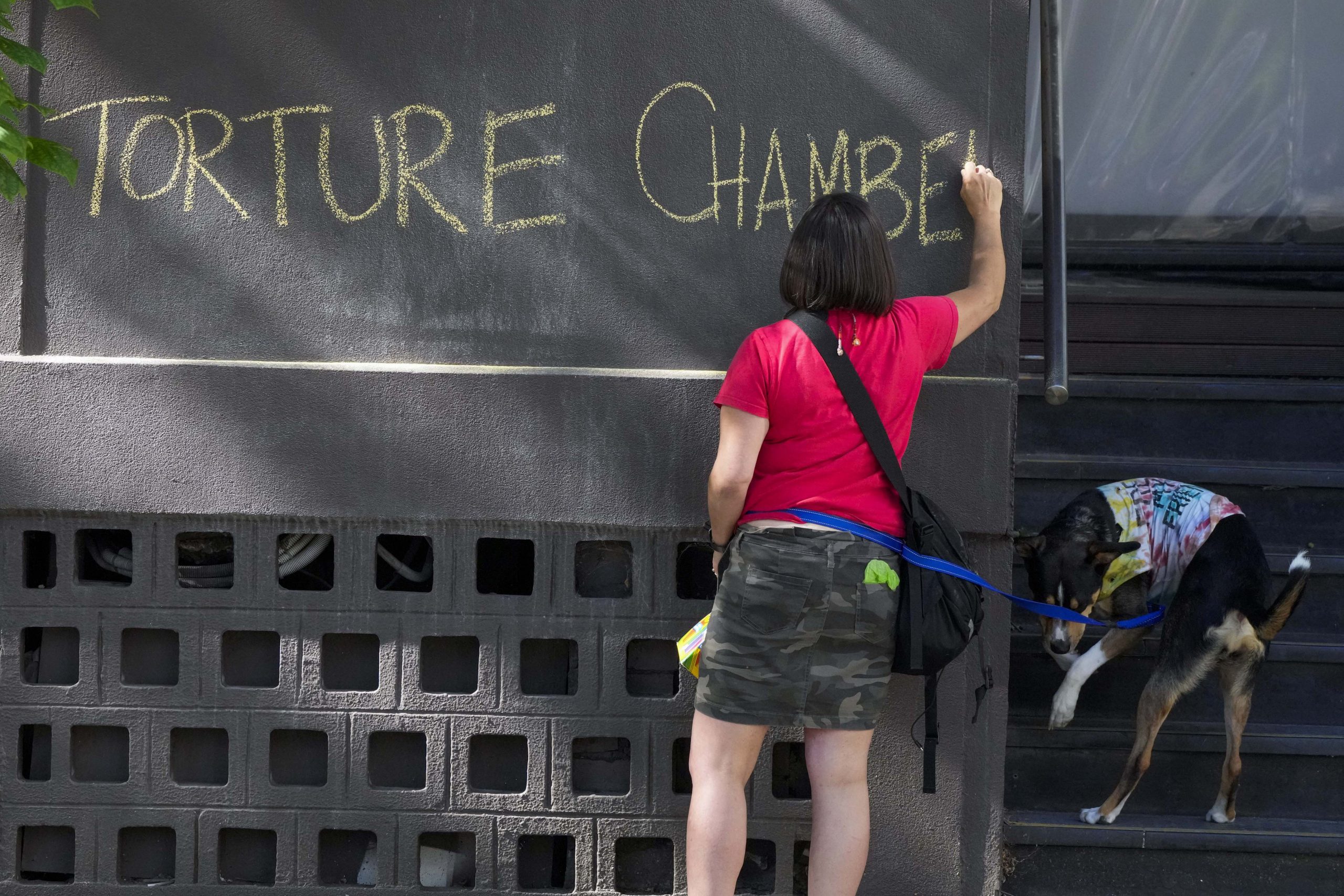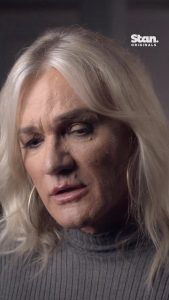The predicament of 32 detainees at Melbourne’s infamous Park Hotel has been overshadowed by Serbian tennis star Novak Djokovic‘s arrest this week.
The hearing in Djokovic’s deportation case was earlier postponed until Monday. If he loses, the world number one will be eliminated from the Australian Open, but he will be able to travel home safely.
According to the Guardian Australia, Australia‘s immigration minister, Alex Hawke, will not decide whether or not to rescind Novak Djokovic’s visa tonight, Australian time.
Also read: Noval Djokovic’s detention becomes political issue in Australia
Crowds gathered in the streets below, waving Serbian flags and chanting support for the tennis great, as the group of refugees and asylum seekers watched from their windows, many of whom felt forgotten and abandoned after up to nine years of prolonged incarceration.
After failing to meet the federal government’s admission criteria that all non-citizens be completely vaccinated against COVID-19, Djokovic was transferred to the Park Hotel on Wednesday night.
Residents of the detention centre have complained for years about “disgusting” circumstances such as maggots and mouldy food, medical neglect, maltreatment, and a lack of hygiene.
Also read: Novak Djokovic’s parents say Australia visa row is politically motivated
The Park Hotel facility has been called “cruel,” a “coffin,” a “aquarium,” and a “torture centre,” and after COVID-19 stormed through the institution in October, it was dubbed “Outbreak Hotel.”
Activists claim that the windows were shaded and sealed, that the carpets were filthy, that garbage was rarely cleared, and that the place was full with bugs and a foul odour.
There are no outdoor facilities, and multiple fires have occurred in recent months, causing damage to two floors, according to inmates.
Also read: Rafael Nadal criticises Novak Djokovic’s vaccine stance, says world has ‘suffered enough’
All immigration prisoners were given “appropriate food,” activities, internet access, and clean housing, according to an Australian Border Force (ABF) official.
“Management of detainees, whether in an immigration detention centre or APOD, is carried out with primary consideration given to the safety and security of all individuals, staff, and the public,” the spokesperson added.
Ironically, those jailed, the majority of whom are from war-torn nations such as Afghanistan and Myanmar, are now housed with an international sports celebrity.
Also read: Explained: Why was Novak Djokovic not let into Australia?
Jamal Mohamed, who has been incarcerated since 2013, has encouraged Djokovic to use his celebrity to “advocate for our freedom.”
“Now the world can see how we are treated but still the world is silent on our treatment,” Mohamed said.







